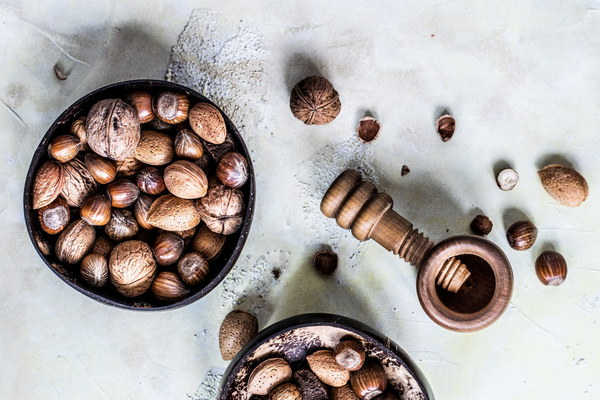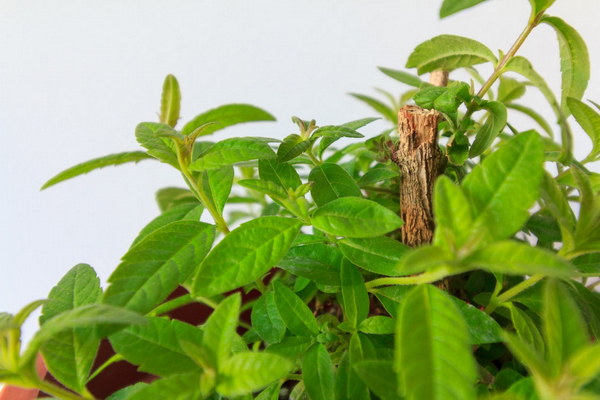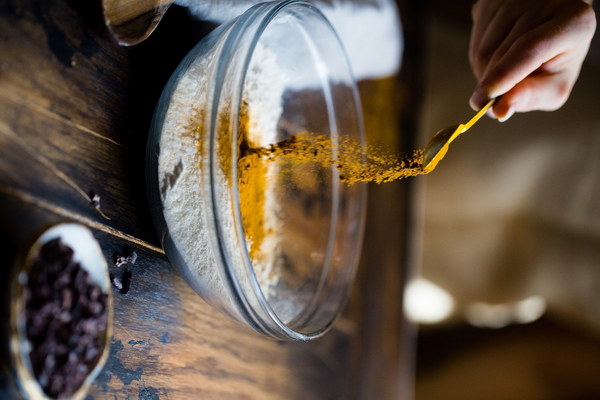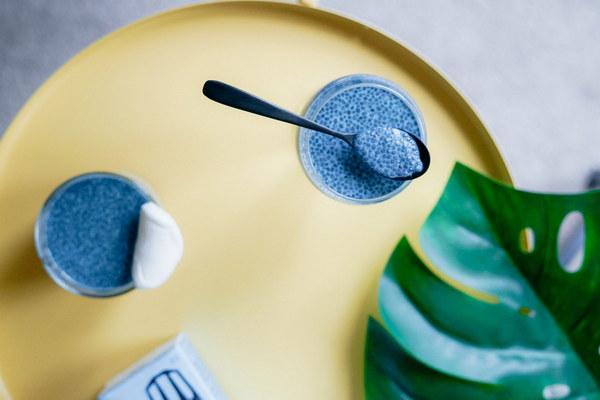Is It True The Truth Behind the Trend of Damp-Relieving Remedies
In recent years, the concept of dampness in traditional Chinese medicine (TCM) has gained significant popularity, particularly in the wellness community. The question on everyone's mind is: is dampness truly a thing, and do damp-relieving remedies actually work? Let's delve into this intriguing topic to uncover the truth behind the trend.
First, what exactly is dampness in TCM? According to TCM, dampness refers to an excess of fluid in the body that can lead to various health issues, such as fatigue, weight gain, and joint pain. It is believed that dampness is caused by external factors, such as exposure to damp weather, as well as internal factors, like poor diet and lifestyle habits.
Now, the million-dollar question: is dampness a real condition, and do damp-relieving remedies actually work? The answer is somewhat complex, as it depends on the individual and their specific health concerns.
On one hand, numerous studies have shown that dampness in TCM does have a basis in scientific research. For instance, research has demonstrated that dampness can be associated with certain health conditions, such as metabolic syndrome, obesity, and diabetes. These conditions are often characterized by an excess of fluid in the body, which aligns with the TCM concept of dampness.

Furthermore, damp-relieving remedies, such as herbal formulas and dietary adjustments, have been shown to have a positive impact on some individuals. For example, the herbal formula, Er Chen Tang, has been found to improve insulin sensitivity in patients with metabolic syndrome. Similarly, dietary changes that reduce dampness, such as avoiding cold, damp, and raw foods, can lead to better health outcomes for some people.
On the other hand, it is important to recognize that TCM is a holistic approach that focuses on balancing the body's Yin and Yang. While dampness may be a real condition for some individuals, it is not universally applicable. Many people may not experience any health benefits from damp-relieving remedies, as their body's balance may not be affected by dampness.
Moreover, some damp-relieving remedies can be harmful if not used correctly. For example, certain herbal formulas can have adverse effects if taken in excessive amounts or without proper guidance from a healthcare professional. It is crucial to consult with a qualified TCM practitioner before starting any treatment.
In conclusion, while dampness in TCM may have a scientific basis and can be associated with certain health conditions, it is not a one-size-fits-all concept. The effectiveness of damp-relieving remedies depends on the individual, and it is essential to approach TCM treatments with caution and under professional guidance.
In the end, whether or not dampness is a real condition, the focus should be on overall health and well-being. Incorporating a balanced diet, regular exercise, and stress-reduction techniques can lead to a healthier, happier life, regardless of whether dampness is a factor or not. As always, it is best to consult with a healthcare professional before making any significant changes to your lifestyle or treatment plan.









